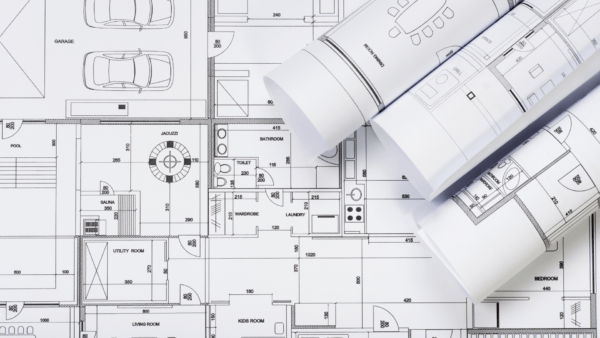
The architecture, construction, planning, and environmental design career field encompasses a wide range of professions that focus on creating and shaping the built environment. These fields are crucial for designing and developing the infrastructure, buildings, and landscapes that form the foundation of our communities.
Education
Varies by profession, with architects typically needing a professional degree (B.Arch or M.Arch), while construction managers often have bachelor’s degrees, and urban and regional planners commonly hold master’s degrees. Specialized roles like environmental designers and historic preservationists may require degrees in related fields with specific training or certification.
To Consider
- Ongoing professional development and continuing education are essential in this career field to stay current with evolving technologies, design trends, and best practices.
- Networking and gaining practical experience through internships or entry-level positions can be invaluable in building a successful career in these fields.
Examples of Professional Areas (non-exhaustive)
Examples of Professions (non-exhaustive)
Common soft skills (non-exhaustive)
In the architecture, construction, planning, and environmental design field, a range of soft skills is essential for success. Here are some common soft skills that are highly valued in this field (this list is non-exhaustive; note that all skills are not necessarily needed).
Adaptability: Adaptability is the capacity to adjust to changing project requirements, evolving technologies, and unforeseen circumstances in the construction and design industry.
Attention to Detail: Being detail-oriented helps in ensuring accuracy in design plans, specifications, and construction processes, which is critical for safety and quality.
Client Relations: Building and maintaining positive client relationships is vital for understanding and meeting client needs, managing expectations, and delivering successful projects.
Communication: Effective communication is essential for conveying ideas, instructions, and information to team members, clients, and stakeholders. It includes both verbal and written communication skills.
Conflict Management: Conflict management skills are valuable for handling disputes, disagreements, and tensions that may arise during project development.
Conflict Resolution: The ability to resolve disputes and conflicts within project teams or with clients is crucial for maintaining a positive working environment and keeping projects on track.
Creativity: Creativity is important for generating innovative and aesthetically pleasing design solutions, as well as for finding unique approaches to problem-solving.
Critical Thinking: Critical thinking involves the ability to analyze complex problems, evaluate options, and make informed decisions, often in situations with incomplete information.
Cultural Awareness: Cultural awareness is particularly important in urban planning and design, where understanding diverse cultural and social contexts is essential for inclusive and sensitive design solutions.
Empathy: Empathy involves understanding and considering the perspectives and needs of clients, team members, and stakeholders, helping to build trust and rapport.
Leadership: Leadership skills are important for guiding project teams, making decisions, and ensuring that projects are completed successfully while motivating and managing team members.
Negotiation: Negotiation skills are essential for resolving conflicts, discussing project terms and changes, and achieving mutually beneficial agreements with clients and contractors.
Presentation Skills: Strong presentation skills are necessary for effectively communicating design concepts, plans, and project updates to clients and stakeholders.
Problem-Solving: Problem-solving skills are crucial for addressing unexpected challenges and finding practical solutions during the design and construction process.
Teamwork and Collaboration: The ability to work well with others is essential in this field, as projects often involve multidisciplinary teams that must collaborate to achieve common goals.
Time Management: Effective time management is vital for meeting project deadlines, prioritizing tasks, and ensuring that work is completed efficiently.






